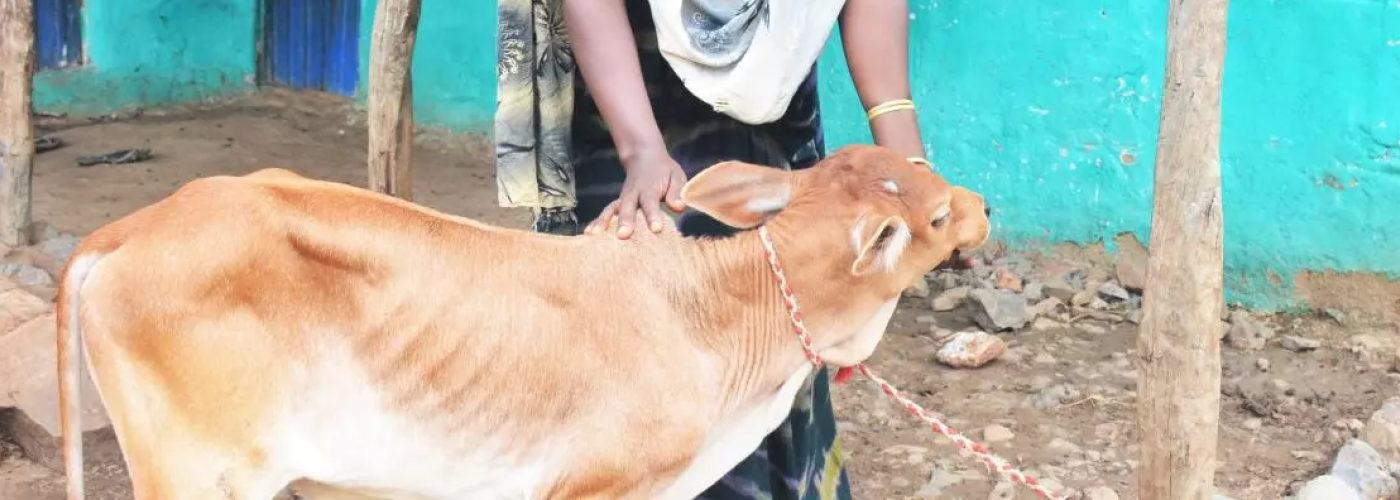Transforming Last-Mile Animal Health Services to Build Resilience in Ethiopia: RIPA-North Learning Brief
Image

New learning brief from the Resilience in Pastoral Areas – North (RIPA-North) Activity in Ethiopia: Transforming last-mile animal health services to build resilience in Ethiopia
This learning brief describes how the Mercy Corps-led RIPA-North program learned from past failures and used a market systems development (MSD) approach to successfully catalyze sustainable animal health services reaching last-mile lowland communities. The brief highlights how private sector models can be applied even in thin markets and fragile contexts to build the resilience of vulnerable communities.
Key achievements include:
- Average increase in sales per partner PVP of 1,493% compared with before the RIPA partnership.
- Highly successful new approach to creating market-driven last-mile agents, with 81% of agents still operational after nearly two years.
- Strong evidence of replication and ‘crowding-in.’
- More than 21,000 households have access to quality animal health services, compared with 6,000 households before the intervention.
- Population-based surveys show that 39% of households in RIPA areas purchased veterinary services during the recent severe drought, compared with 3% in control group areas.
Selected lessons learned and recommendations:
- Market systems development approaches can be an effective way of rapidly and sustainably increasing access to animal health services, even in thin and fragile market contexts.
- Last-mile networks should be developed by private businesses themselves, as the selection and capacity-building process builds trust, and businesses are more effective than NGOs at cultivating a business mindset in agents.
- Access to animal health services is a high-priority resilience capacity in the lowlands of Ethiopia, and livestock producers are quick to recognize the value and use newly available services.
- The last-mile network has particularly benefited women, as it helped overcome their mobility restrictions and enables them to get support with administration of drugs.
- Access to finance remains a major constraint for PVPs, in particular as PVPs aim to expand their last-mile network and provide credit to agents. This should be a focus area for RIPA-North in the coming months.

